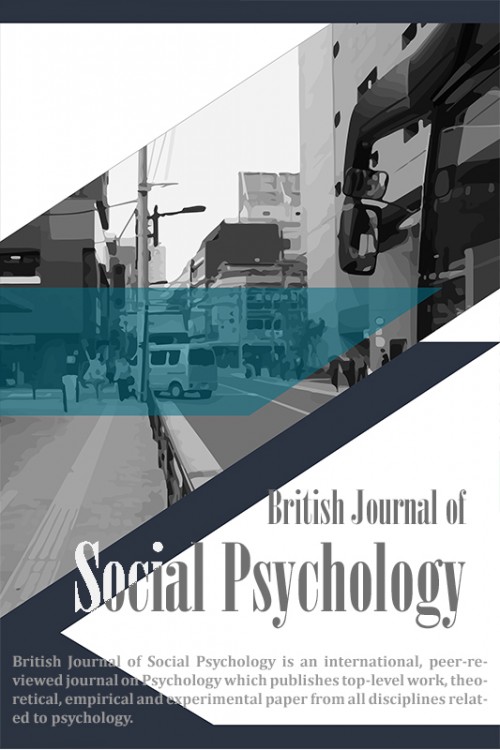
The Relationship between Learning Styles and critical thinking with Self-efficacy and Mental Health of Student
Abstract
The present study was conducted to determine the relationship between learning styles, self-efficacy, critical thinking and mental health of students. A descriptive-correlational method was used. The cluster sampling method was also used to select the units of study. The sample consisted of 200 high school students. In order to measure the variables, Kolbe's learning style questionnaires, Sherer's general self-efficacy scale, Watson's critical thinking, and mental health of (GHQ-28) were used. The collected data were analyzed by Pearson correlation coefficient. The findings of the research showed that: 1) there is a significant relationship between learning styles and self-efficacy. 2) There is a significant relationship between learning styles and mental health. 3) There is a significant relationship between critical thinking and self-efficacy. 4) There is a significant relationship between critical thinking and mental health.